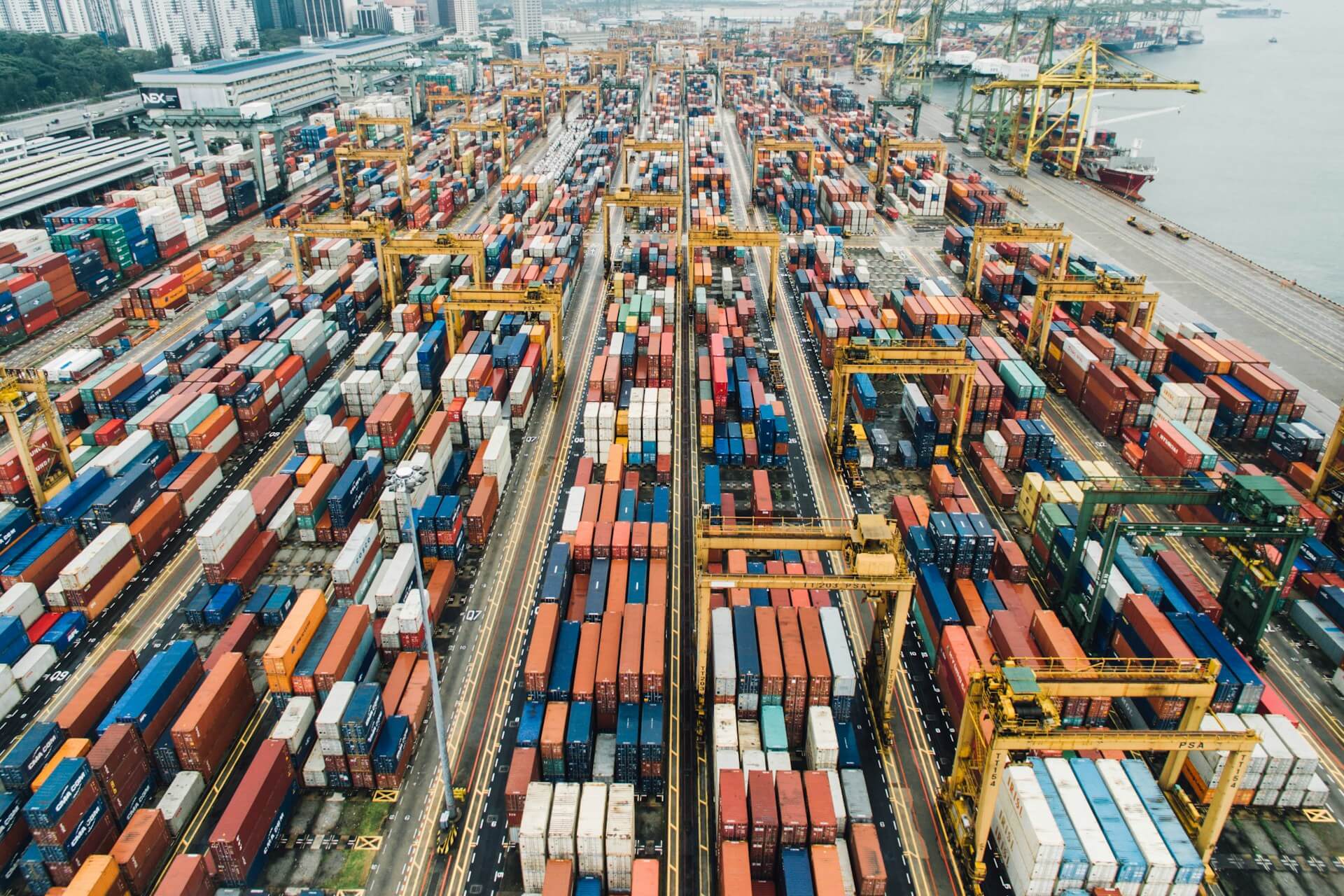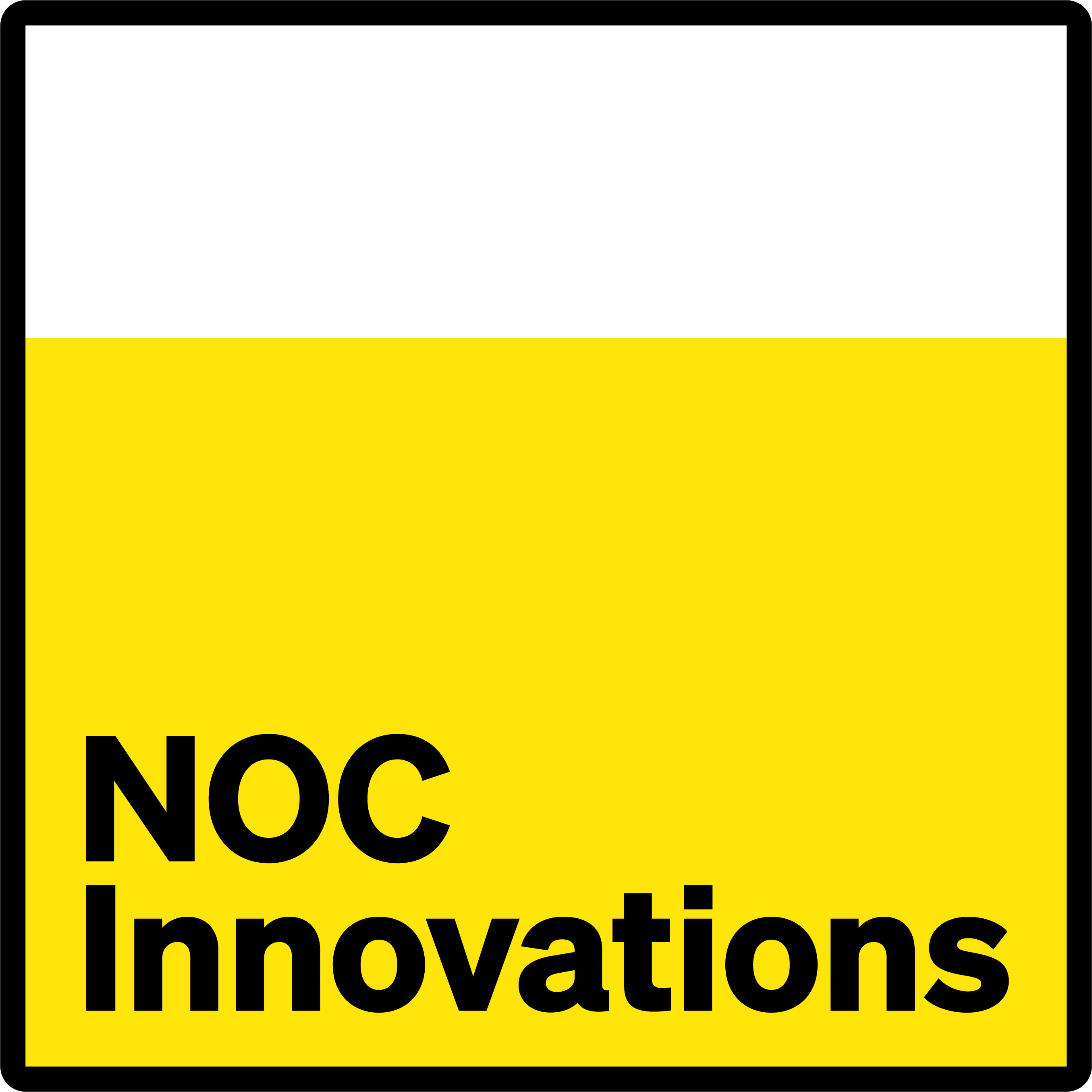AI's role in complex planning and logistics operations is expanding rapidly, providing companies with powerful tools to improve efficiency, reduce costs and enhance customer satisfaction. As technology continues to evolve, its impact on logistics will only grow, driving innovation and transforming various industries.
In this thought leadership piece, Professor John McCall explains the integral role of AI in planning and logistics, including the significant impact it will have in the energy transition and wider global environmental challenges.
How would you define AI?
Artificial Intelligence refers to a broad set of computational techniques that can automate aspects of human tasks which are traditionally understood to require human expertise to accomplish. These tasks include learning, reasoning, problem-solving, understanding natural language and perception. AI aims to create systems that can function autonomously and adapt to new situations, improving their performance over time through data analysis and pattern recognition.
What types of AI approaches are available for planning and logistics operations?
Planning and logistics are areas where operations experts decide how to deploy vehicles, equipment, and manpower to carry out a set of tasks as efficiently as possible, while bound by real-world constraints such as capacity, capability, availability, dependency and cost. Traditional approaches such as mixed-integer linear programming become intractable for large-scale industrial scenarios. Here, AI techniques such as genetic algorithms, can solve large-scale planning and logistics problems quickly and effectively, often finding more efficient and effective solutions than human planners and quicker than those planners can.
What is your experience using AI in planning and logistics research projects?
The NSC’s Net Zero Operations research team has applied genetic algorithms and other “nature-inspired” methods to solve planning and logistics problems. Projects include large field engineering workforce rostering, North Sea energy installation supply vessel scheduling and routing, dynamic truck haulage scheduling around the UK, vessel berthing at Port of Aberdeen and freight and passenger modelling for Northern Isles ferry routes.
What were the outcomes of the projects?
One frequent outcome is the improved utilisation of expensive assets, for example, trucks and vessels, realising either major savings (in the millions) or the capability to take on increased business without further investment. When it comes to workforce planning, field engineering staff were more effectively deployed, resulting in millions of pounds being saved in service-level penalties. Additional outcomes include reduced job stress and increased flexibility as job roles transform from 90% of the effort in constructing a single plan to 90% of the effort in stakeholder interaction and using technology to adapt plans to suit dynamically varying requirements.
Are there any limitations to using AI?
The use of AI for planning and logistics is limited in many ways. Amongst the most important is contextual awareness and understanding of business imperatives. However, where AI does add value is in being able to rapidly generate feasible and valuable solutions to planning and logistics problems in complex data-driven scenarios, improving the productivity and effectiveness of human operations staff, reducing operational stress and removing calculational bottlenecks.
Do you believe AI will play a significant role in the energy transition?
Yes. The energy transition will involve a complete restructuring of our energy systems, from generation through to end use, requiring significant infrastructural and operational changes over the course of a few decades. Decision-makers face unprecedented complexity and scale in marshalling resources to meet those challenges. AI will be essential in enabling decision-makers to successfully meet that workload and to deploy scarce resources efficiently and effectively to satisfy that demand.
Do you think AI can assist in tackling wider global environmental challenges?
Yes. As we seek to move towards a sustainable global economy, the interaction between human activity and global ecosystems, weather dynamics and atmospheric systems will need to be increasingly understood and managed. AI systems will play an increasingly essential role in monitoring and modelling these systems and in supporting political, industrial and societal planning that operates within our planetary resources.
What would you like to see in the future of AI?
The future of AI holds incredible potential, however we need a step change in our maturity of understanding the role of AI in achieving the energy transition and tackling environmental challenges. Society as a whole needs to be involved in managing the uses of AI to achieve beneficial and consensual outcomes. AI technology will continue to advance in power and pervasiveness, but education and understanding of its best use are lagging, limiting our potential to use it effectively
To discover more about how our NSC team is solving real-world problems and the other impactful research projects currently being undertaken, view our dedicated Net Zero Operations webpage.









